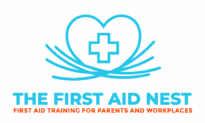Why Our Baby First Aid Course Is Different

There are a lot of baby first aid courses out there. So, what makes our baby first aid course different?
Well, for starters, our course is taught by registered nurses with oodles of paediatric experience. Most of our trainers in NSW are currently working in large paediatric hospitals, and see these first aid situations that they are teaching on a daily basis.
We have over 100 years of accumulative experience in the field. Plus, we use high-quality materials and equipment so that you can learn in the most realistic environment possible.
But perhaps most importantly, our baby first aid course is different because it is tailored specifically for parents and caregivers.
We understand that you might not have a lot of time or experience with first aid, which is why we make sure to cover all of the basics in an easy-to-understand way. So, if you are looking for a baby first aid course that is comprehensive and designed specifically for parents, then look no further!
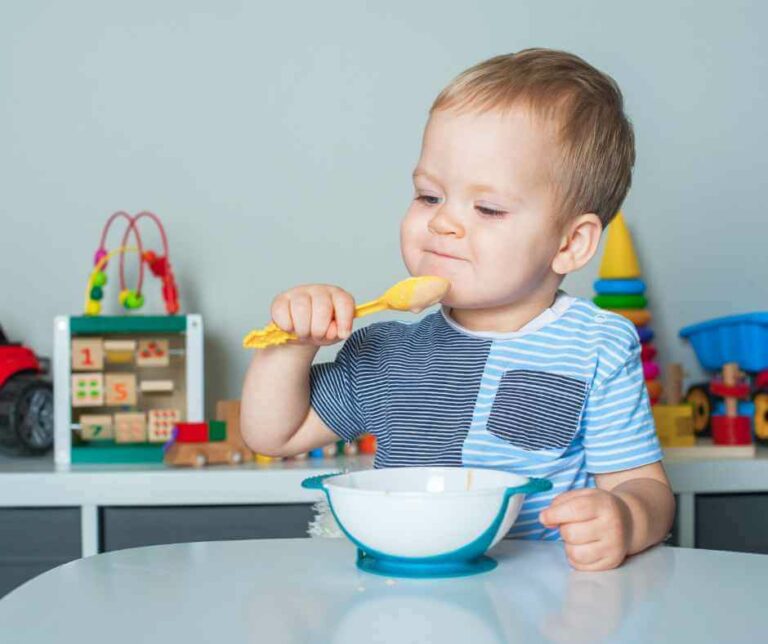
What’s different about our baby first aid course?
We know that when it comes to your baby, you want only the best. That’s why our baby first aid course is different.
We offer a unique, comprehensive curriculum that covers everything from CPR to choking to introducing common allergy foods and recognising an allergic reaction in a very young child.
Our classes are taught by experienced nurses who are passionate about keeping babies safe. And, our courses are always up-to-date with the latest information on first aid for infants and children up to the age of 18.
Our course is taught by registered nurses
As we said before, our course is delivered by registered nurses who are experts in the field of baby and child health. They have a wealth of experience and knowledge to share with you and will be able to answer any questions you may have.
The course is designed to be interactive and informative, and you will have the opportunity to ask questions and participate in discussions during the course and after.
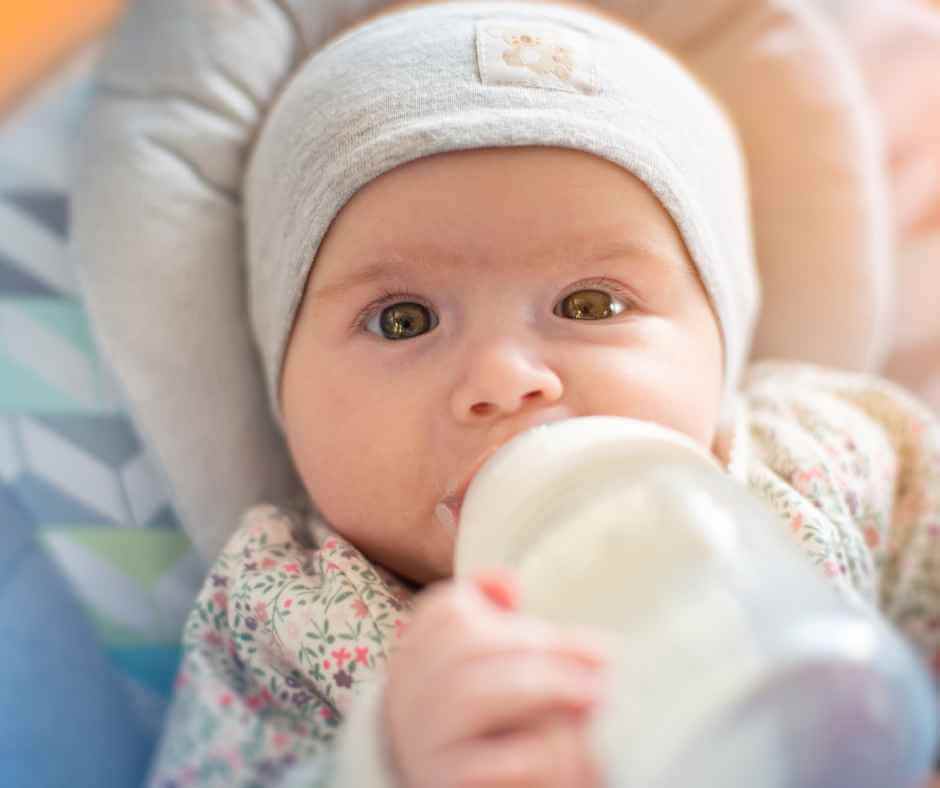
Should I do the course before I have my baby?
Yes! We often hold classes for parents-to-be and grandparents-to-be. It is actually the best time to do it, as once the baby arrives, although it is still super important, your priorities will shift significantly and you may not find the time for it. We highly recommend doing the course between 6-9 months pregnant. remember we can reschedule if the baby comes along unexpectedly early!
We are specifically baby and child-trained nurses
Although we are an Australia-based service, our founder Heidi is from the UK. In the UK, we can choose to be specifically trained in paediatrics after the first year of training, so for some of us, it’s all we know.
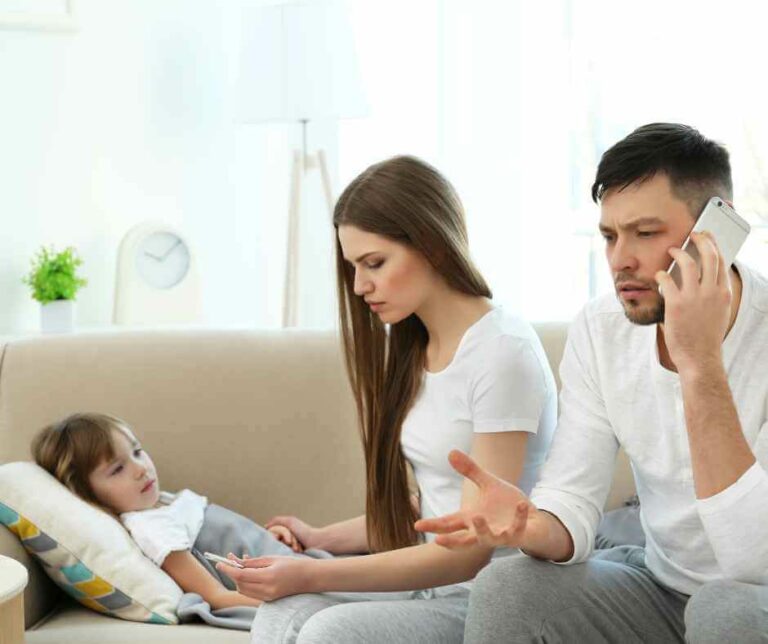
Our course covers everything from dealing with minor cuts and grazes, to more serious issues such as choking, virus and bacterial illnesses and broken bones. We also cover what to do in an emergency situation, such as if your child stops breathing or has a seizure.
By the end of the course, you will feel confident in your ability to deal with any first aid situation that may arise with your baby or child.
What is baby first aid?
The term ‘baby first aid’ is used to describe the level of first aid knowledge and skills required to care for a baby or child. This includes knowing how to deal with common childhood injuries and illnesses and being able to administer CPR if required.
Our baby first aid course is different because it has been specifically designed for parents, grandparents and carers of babies and young children.
The course covers all of the key topics that you need to know about, in an easily digestible format. We also offer an online refresher course, so that you can keep your skills up-to-date.
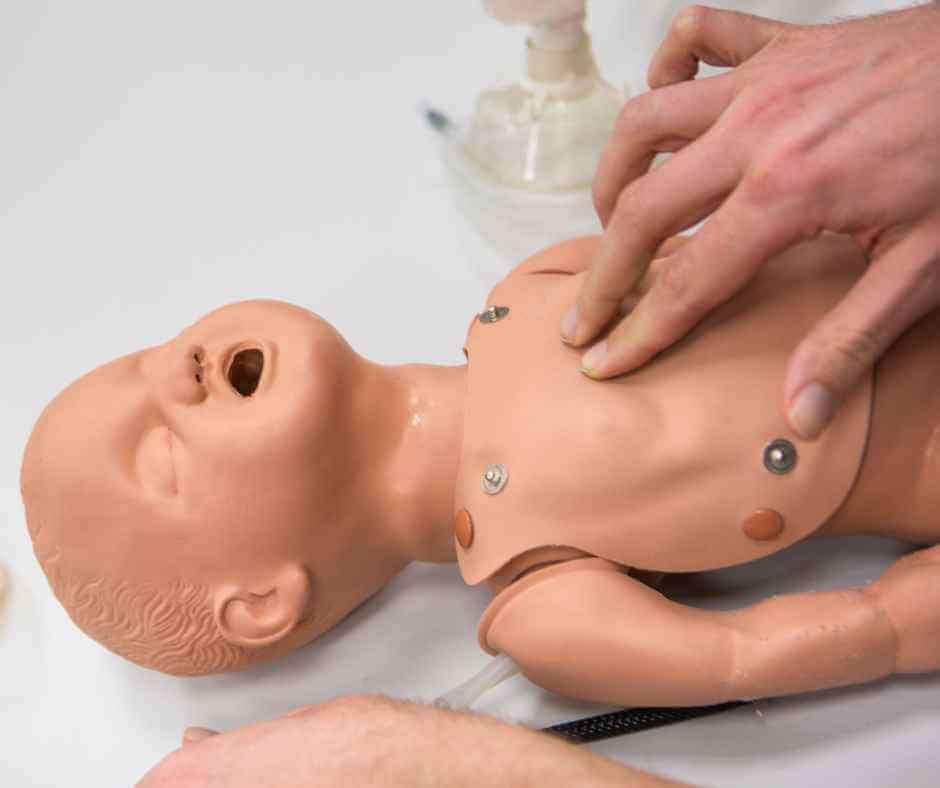
Baby first aid is different to children or adults, as the baby’s body is made differently. Their bones are mostly cartilage, a fever can affect them differently than a child, they can’t communicate how they feel at all and the way we give CPR and choking first aid is different.
This is why it is so important to learn the right facts and techniques from a reputable service!
What is child first aid?
When it comes to child first aid, our course is different because we focus on teaching parents and caregivers how to prevent accidents and injuries in the first place. We also emphasize the importance of remaining calm in an emergency situation.
Childproofing your home is one of the most important things you can do to keep your child safe. Our course will teach you how to identify potential hazards in your home, such as poisons, and what measures you can take to mitigate those risks.
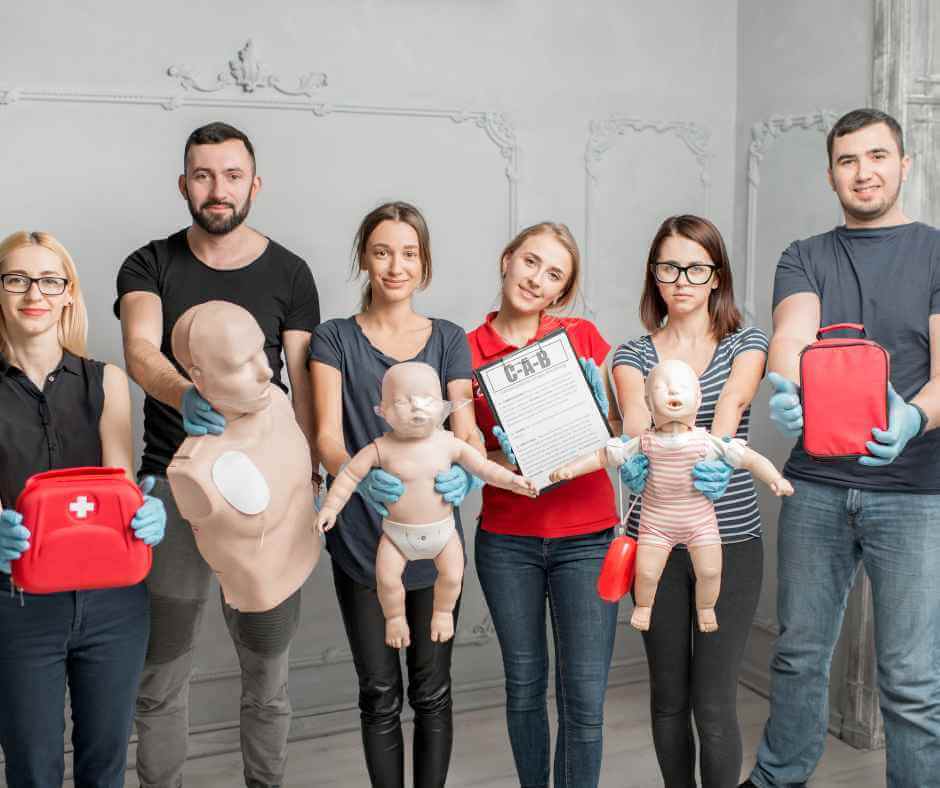
In addition, we believe that it’s just as important for parents to know what to do in the event of an accident or injury as it is for them to know how to prevent one from happening in the first place.
Child first aid is different to a baby or an adult, as the small child’s body is even different to an adult’s. They are not mini-adults. Their bones are hardened after 18 months so breaks might be more common, a fever can result in a seizure, and they can’t always communicate how they feel very well, but they do tend to go downhill fast during an illness or in respiratory distress. The way we give CPR and choking first aid is different to a baby or adult.
Enrolling in our course is the best way to ensure that you’re prepared for any eventuality when it comes to your child’s safety.
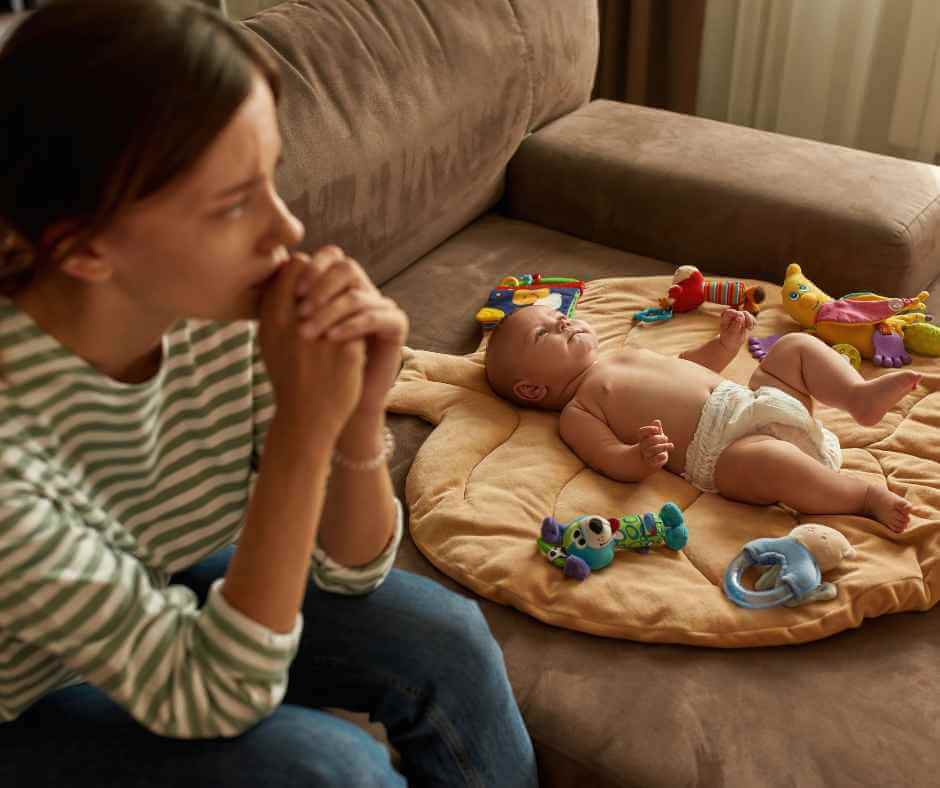
Can you do our baby first aid course online?
Yes! Our baby first aid course is available online. We know that not everyone can make it to our in-person courses, so we wanted to make sure that our course was accessible to as many people as possible.
The online course is just as comprehensive as the in-person course, you will get all of the same freebies and downloadables and you’ll be able to ask any questions that you have during the live sessions.
What is the difference between our baby first aid course and other courses?
Our baby first aid course is different from other courses in several ways.
For one, our course is taught by registered nurses who have experience working with infants and children. Additionally, we offer a hands-on component to our course so that participants can get practice using the techniques they learn.
Finally, our course covers a wide range of topics, including CPR, choking, and what to do in an emergency situation.
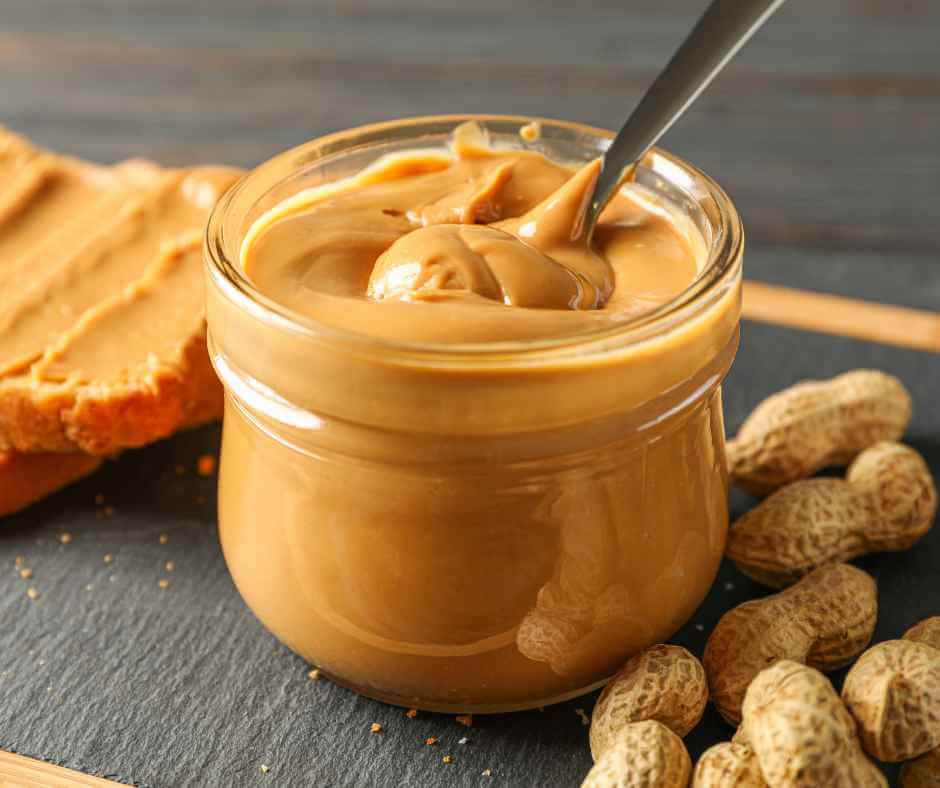
What will you learn in our baby first aid course?
In our baby first aid course, you’ll learn how to respond to common medical emergencies involving infants. We’ll cover topics such as CPR, choking, and fever management. You’ll also learn how to prevent injuries in the home and care for minor cuts, scrapes, and bruises. Our course is different because it’s led by experienced medical professionals who are passionate about teaching parents how to keep their babies safe.
How often should you take a baby first aid course?
Our baby first aid course is different because it is designed to fit into your busy schedule.
We understand that you have a lot of commitments and that it can be difficult to find time to take a traditional baby first aid course. That’s why we offer our course online, so you can take it at a time that works for you.
We also offer an online refresher course for those who have already taken our baby first aid course and want to keep their skills up-to-date. The refresher course is shorter than the original course and can be taken at any time.
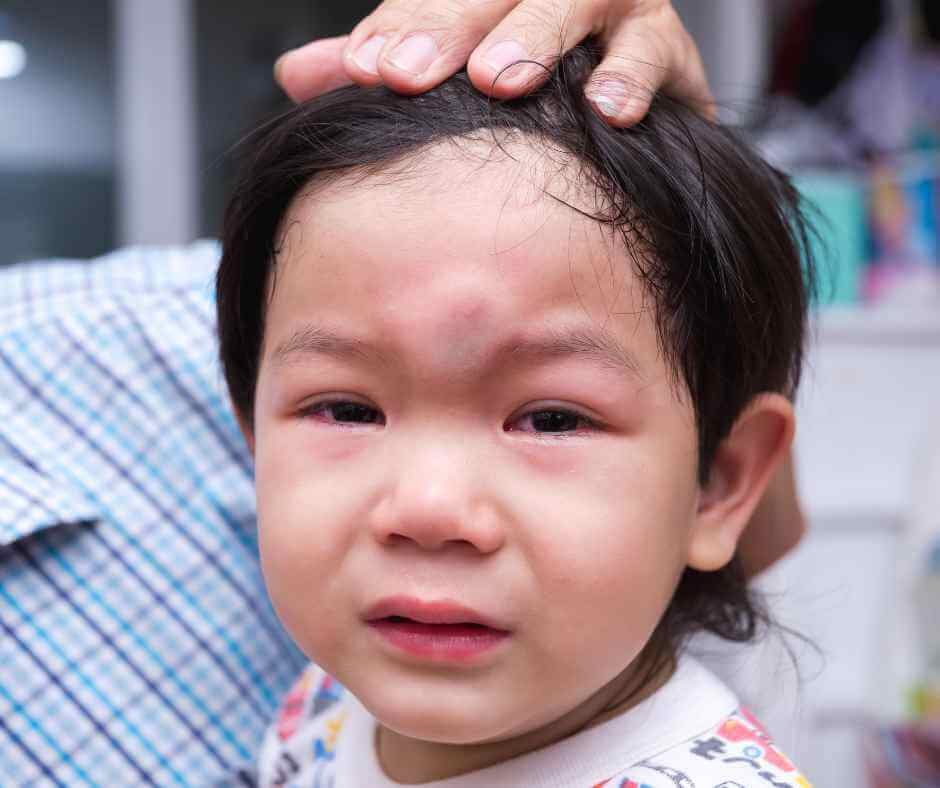
Trusted by Playgroup NSW
As the peak body for playgroups in NSW, Playgroup NSW trusts our baby first aid course to provide their members with the most up-to-date and comprehensive training.
Most importantly, our course is designed to be fun and interactive, meaning that parts of it could fit perfectly at a playgroup session with your baby in tow!
Why is Australia the worst country in the world for childhood allergies?
There are a number of reasons why Australia is the worst country in the world for childhood allergies. First, the country has one of the highest rates of allergies in the developed world, with around 20% of children affected by some form of allergy. Second, the prevalence of allergies is increasing in Australia, with a recent study finding that the rate of food allergies in Australian children has doubled over the last decade.
Finally, Australia has a poor record when it comes to managing and preventing childhood allergies, with a number of studies finding that the country lags behind other developed nations in this area
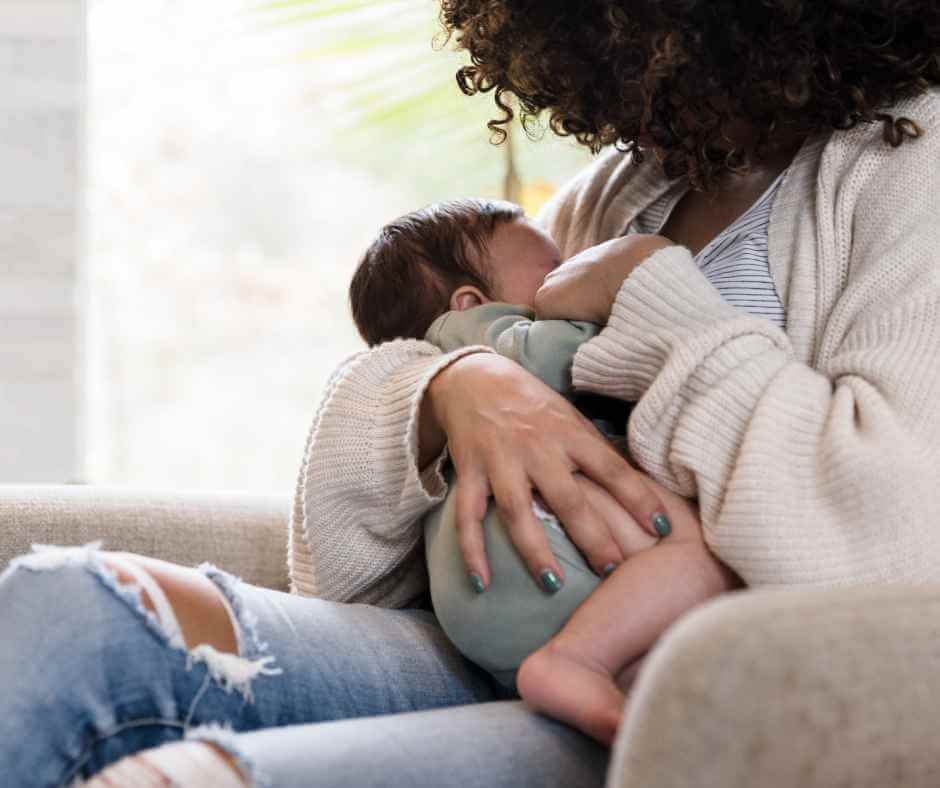
What you will learn in our course?
In our baby first aid course, you will learn how to effectively deal with common baby health issues and emergencies. We will cover topics such as how to deal with choking, burns, and cuts, as well as what to do in the event of a fall or head injury. You will also
Learn about CPR and how to use an automated external defibrillator (AED).
How to enrol…
Enrolling in our baby first aid course is easy! Simply head to our website and click on any of the courses that matches your group size. We run courses for 2 – 20 people. Once you have purchased the course, we will contact you to lock in a date of your choice.
We’ll send you a confirmation email with all of the details, and you’re all set!
Our baby first aid course is different because it is specifically designed for parents and caregivers.
We understand that you are the ones who are with your babies the most, and so we have created a course that will give you the skills and knowledge you need to keep them safe. In addition, our course is always updated with the latest information on first aid techniques, so you can be confident that you are getting the most up-to-date advice.
We have online courses available too!
Want more? We’ve got you covered…
Our Baby First Aid Courses
Our baby first aid courses are available in person in your home and online. We run classes in your home with groups of 2, 4 or up to 10 in Sydney & Melbourne and you can book in 3 easy steps!
- Pick your class
- Follow the prompts to purchase
- We will contact you within 24 hours to lock in your date of choice
Our First Aid Certificate Courses
We run most of the popular first aid courses Australia wide. HLTAID011 Provide First Aid, HLTAID009 Provide CPR, HLTAID012 Provide First Aid in an Education & Care Setting, RAMOAP (anaphylaxis), Mental Health first aid and CPR/LVR to name a few.
Book your public spot online or contact us if you have a group of 5+ people for onsite training.
Here are some other resources you may enjoy!
FREE GUIDE: Your Virtual Baby First Aid Kit
FREE GUIDE: Introducing Common Allergy Foods & Allergic Reactions
FREE Workplace Emergency Preparedness Plan: Grab this at the bottom of every page!
Follow for baby & child first aid and allergy info and tips on Instagram & TikTok, all @thenestcpr
